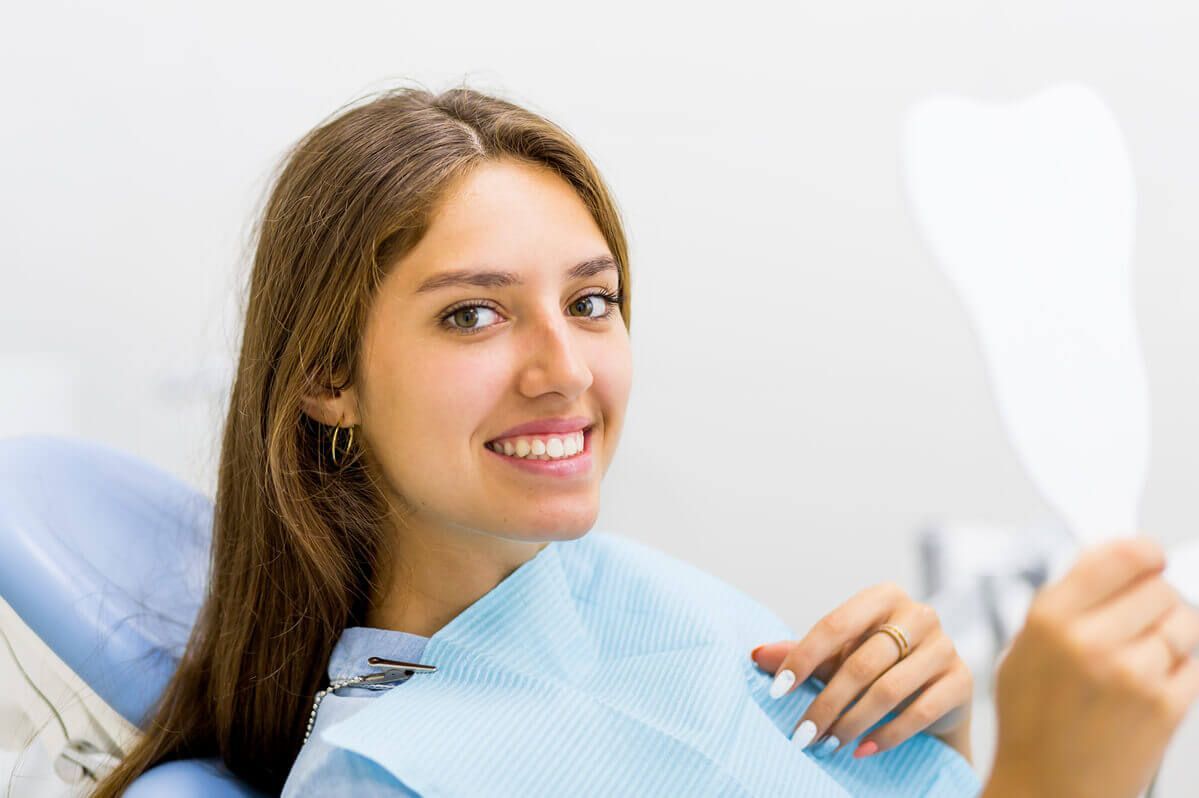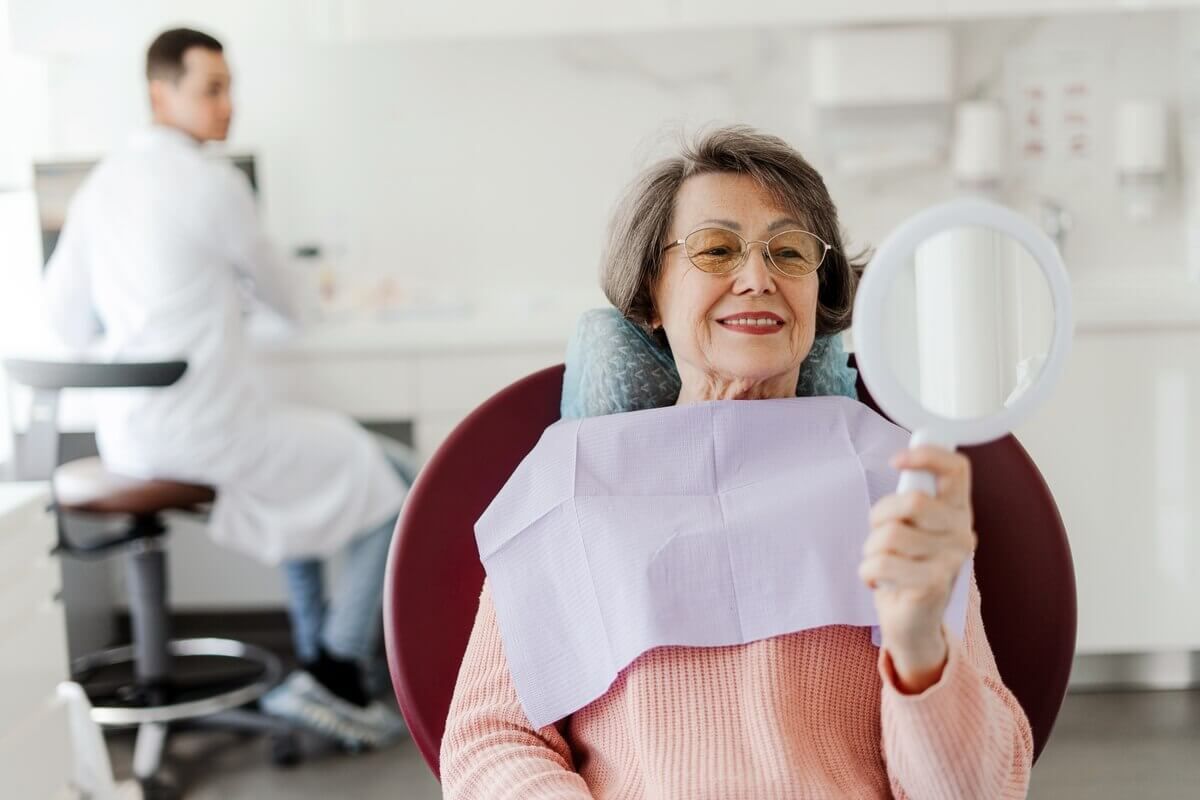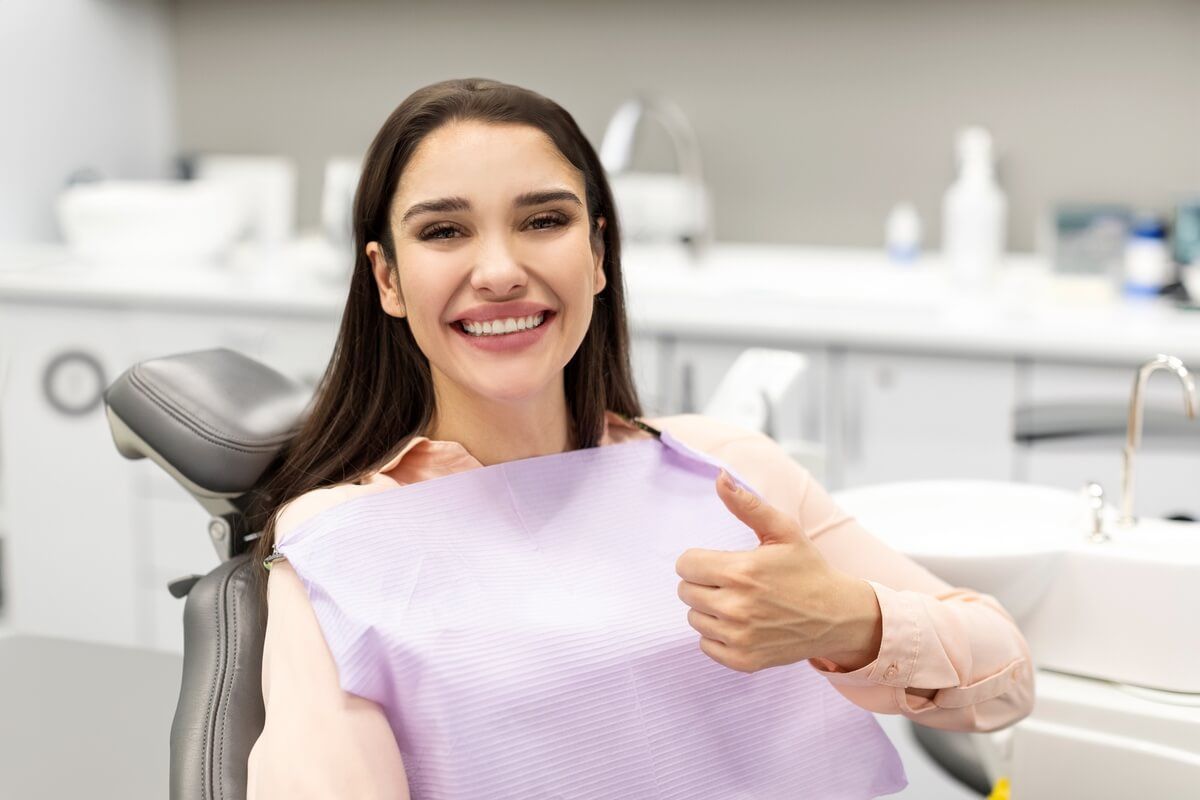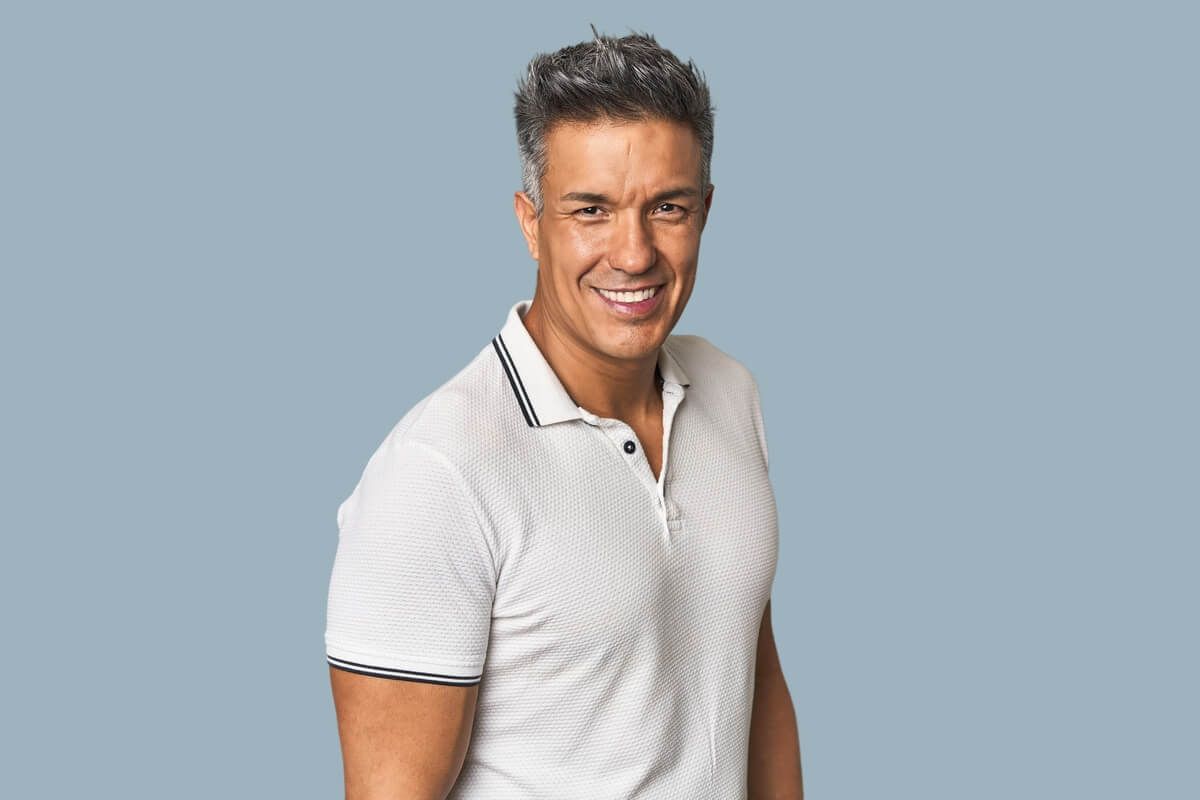Blog Layout
Dental Therapist – What Are They And How Can They Help?
Faris Kirmani • March 15, 2020
What is a Dental Therapist?

A dental therapist is an integral part of many dental teams, and yet most people aren’t sure what role they play. Some people refer to them as a ‘mini dentist’ because they can carry out a lot of the tasks that dentists routinely perform - and take some of the work load off their shoulders. So what is a dental therapist, exactly?
Let’s jump in and take a closer look…
A dental therapist is, in essence, a state-licensed oral health professional who has legal access to practice certain aspects of dentistry. The role itself was initially created in Australia in response to the alarming rise in the number of cavities in children. The aim is to provide children with easy access to dental care
through school dental services and refer them to other qualified practitioners when necessary.
A dental therapist can only work in a structured dental environment alongside a dentist and is usually part of a team that may also include a hygienist. While a hygienist is trained in all aspects of preventive dental care and gum disease treatment, a dental therapist is trained in all those fields but also in more advanced treatments. Herein lies the difference!
The dental therapist role in children’s dentistry
Primarily, a dental therapist is trained to work with children, adolescents and young adults but provided they have studied and worked in a program approved by the National Board; they can also work with adults of all ages.
Their primary role is to educate children, especially, on the importance of caring for their teeth and maintaining good oral hygiene. A dental therapist can also carry out a variety of children’s dental treatments including:
• Baby teeth extraction
• Placement of crowns on baby teeth
• Children’s fillings
• Additional oral care and health promotion
In addition, a dental therapist can apply dental sealants and varnishes to help prevent both adults and children from getting dental cavities
and to strengthen their teeth.
But dental therapists aren’t just for children, they can also benefit adults too…
Dental Therapist - Additional dental care for adults
Provided an adult does not need a root canal, a dental therapist can restore or fill any part of an adult’s tooth, but they cannot do restorations.
A dental therapist may also administer nitrous oxide
(laughing gas to patients) and place local anaesthetic on a patient’s gums to numb the area of the mouth being treated. Sometimes they can take out stitches from healed wounds and even remove broken or infected teeth.
As part of their job responsibilities, a dental therapist may also:
• Use mechanical tools to polish patients’ teeth
• Replace gauze and dressing after tooth extraction
• Insert temporary caps to protect tooth pulp
• Clean the area around a cavity to prepare it for filling
So now we know what a dental therapist does, what’s a typical day look like?
What does a dental therapist do on a daily basis?
A typical day’s work for a dental therapist could include:
Examining the teeth of children and adolescences who may need gum disease therapy.
Providing dental treatment to children – to include:
• Teeth cleaning
• X-rays,
• Filling tooth/teeth cavities
• Applying fissure sealants to help prevent cavities
• Extraction of primary teeth using a local anaesthetic, and
• Educating children about caring for their teeth and gums.
In addition, dental therapists can:
• Refer children to other dental professionals in cases that they are not qualified to handle. For example, a child who needs orthodontic work
to an orthodontist.
• Promote healthy oral habits to children in the classroom and the dental clinic.
• Advise parents on healthy food choices for children to help them better care for their oral health.
Finally, how can a dental therapist and Hygienist help you and your family?
Primarily, a dental therapist works closely with children and their parents within a dental clinic. He or she works hard to build up a rapport and makes visiting the dentist fun for kids - right from an early age.
Both are passionate about their job roles and like dentists, believe that proper oral care for children is critical from the day they get their very first tooth. They believe that good habits start at an early age and are typically carried forward into adulthood. Some suggest that this can also shape the way that the child will approach their attitude to dental health care in the future.
Here at Riverlands Dental, our dental Hygienst is passionate about treating our younger patients. She makes it fun for them to learn about good oral habits which help to prevent decay and always has time to talk with parents and answer any of their questions or concerns.
As well as teaching parents how to care for their child’s teeth, she also gives them plenty of tips that help to make everyday tasks like brushing and flossing fun. This includes letting the child choose their own toothbrush, perhaps with their favourite Disney figure on it - or brushing while listening to a mobile app which offers both incentive and encouragement.
With years of experience, our dental therapist keeps up to date with the latest dental techniques and treatments and can assist with your child’s dental care and treatment as well as helping with your oral care too.
Whether you’d like to find out more about what a dental therapist is in NSW, or if you’d like to make an appointment, call the Riverlands Dental team today on (02) 4501 7930 and see how an experienced licensed dental hygienist can help you and your children.
Suburbs Served
North Richmond











